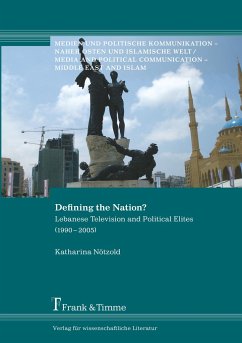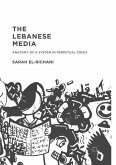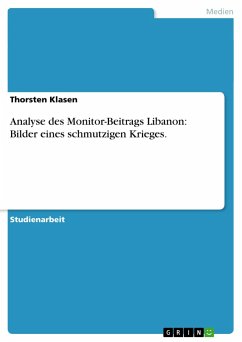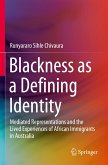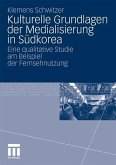Katharina Nötzold explores whether and how mass media can contribute to nation-building after civil war. Drawing on the example of Lebanon's audiovisual media organisations, which are mostly privately owned by politicians, she demonstrates how political elites use television to transmit their visions of post-war society. Lebanon's nation-building process from 1990 to 2005 was characterized by Syrian dominance over political life. From an extensive content analysis of Lebanese news and interviews with analysts, journalists and managers from all Lebanese TV stations, it emerges that political information on television focused more on divisive experiences than cohesive ones. This has underpinned continued sectarianism in Lebanon, in the media as in society at large, and has impeded nationbuilding.
Bitte wählen Sie Ihr Anliegen aus.
Rechnungen
Retourenschein anfordern
Bestellstatus
Storno

